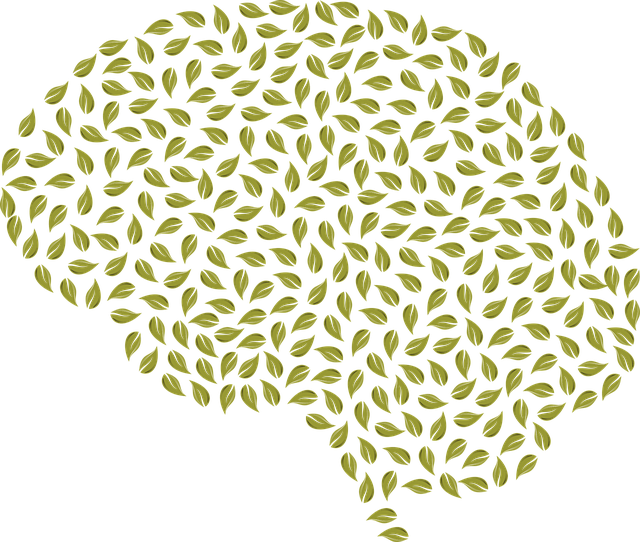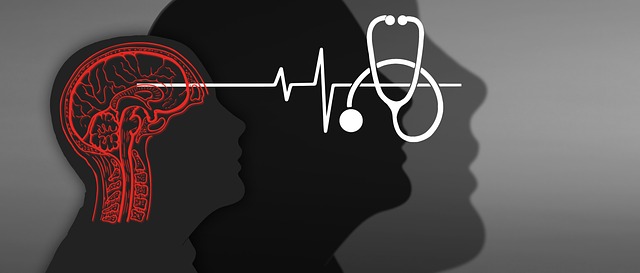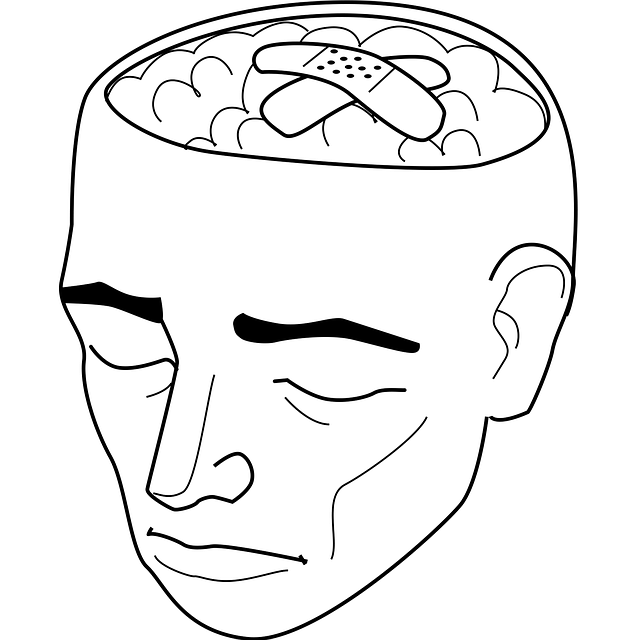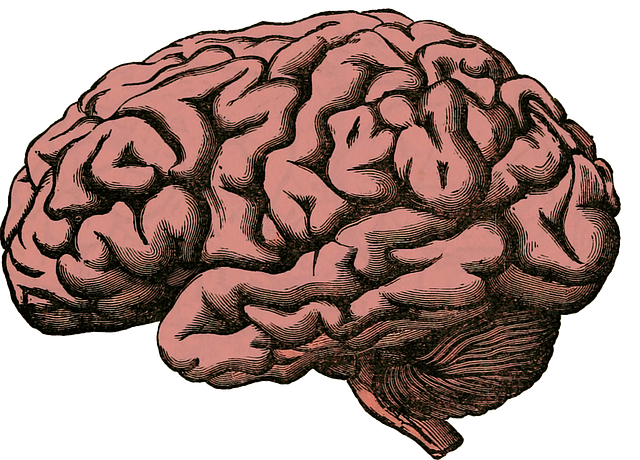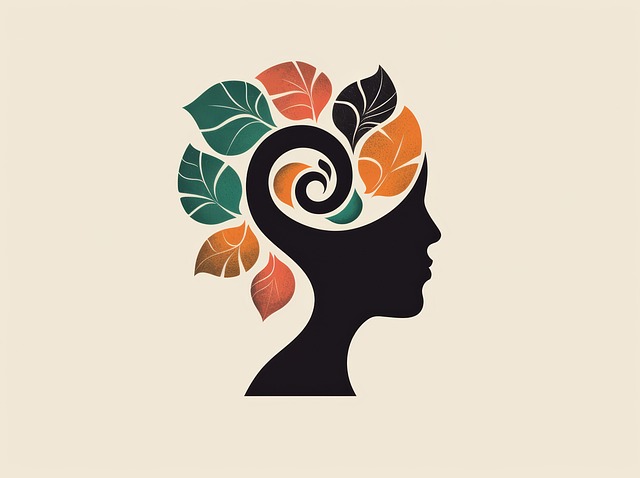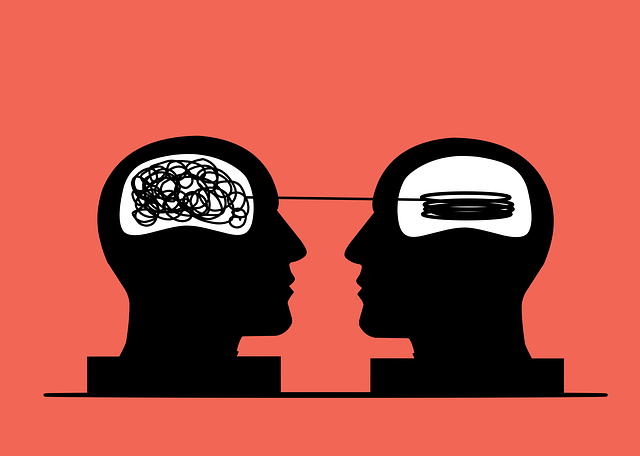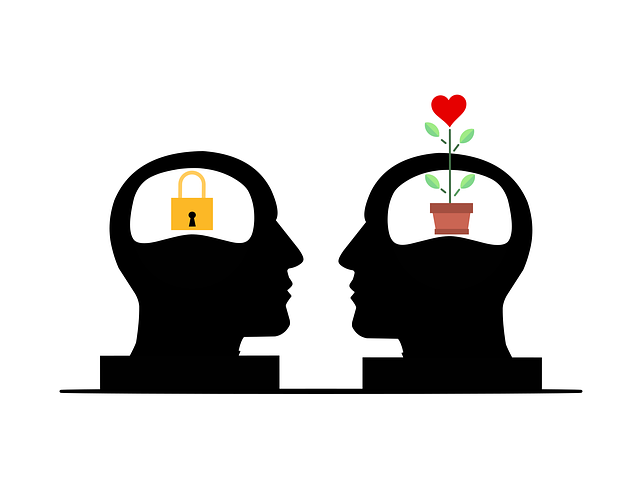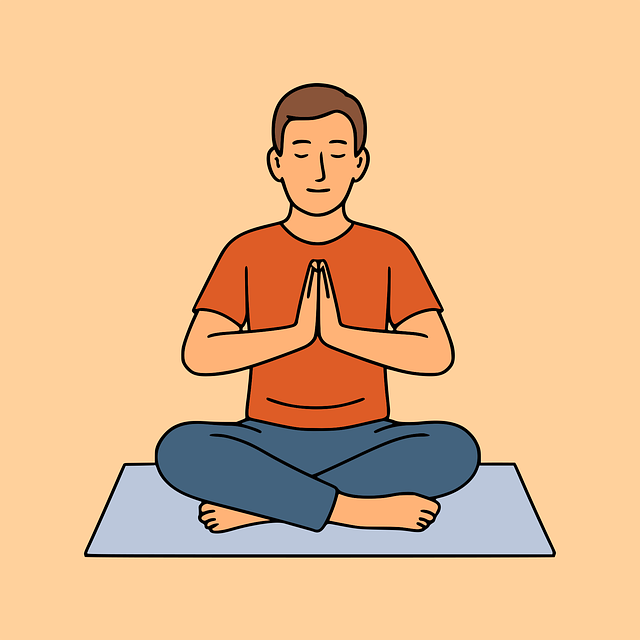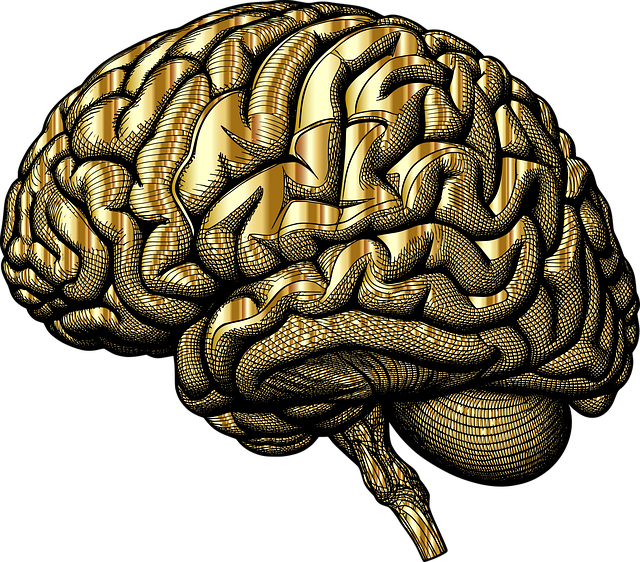Wheat Ridge Obsessive Compulsive Disorder (OCD) therapy leverages Cognitive Behavioral Therapy (CBT) and digital tools for effective treatment. Digital OCD therapy apps, accessible via smartphones, guide users through CBT practices to challenge thoughts, reduce behaviors, and improve emotional well-being. Marketed through education campaigns, these apps foster engagement with success stories, management tips, and community support, ultimately promoting early intervention and improved quality of life for individuals dealing with OCD.
Mental wellness apps are gaining traction as effective tools in managing mental health, particularly for conditions like Wheat Ridge Obsessive Compulsive Disorder (OCD). This article delves into the impactful world of OCD therapy and explores how digital solutions can revolutionize treatment. We examine key features essential for an effective app, trace the development process from concept to launch, and uncover strategic marketing and user engagement techniques. By understanding Wheat Ridge OCD and leveraging digital therapy, we can enhance access to care and improve outcomes.
- Understanding Wheat Ridge Obsessive Compulsive Disorder (OCD) and Its Impact
- The Role of Digital Therapy in OCD Treatment
- Key Features for an Effective Mental Wellness App
- Development Process: From Concept to Launch
- Marketing and User Engagement Strategies for OCD Apps
Understanding Wheat Ridge Obsessive Compulsive Disorder (OCD) and Its Impact

Wheat Ridge Obsessive Compulsive Disorder (OCD) is a mental health condition that significantly impacts an individual’s daily life and overall well-being. OCD involves recurring, unwanted thoughts (obsessions) and repetitive behaviors or mental acts (compulsions) that individuals feel compelled to perform in response to those obsessions. This disorder can manifest in various forms, such as intense fears of contamination or a need for symmetry and order. The impact of OCD is profound; it can lead to significant distress, interference with daily routines, and even social isolation if left untreated.
Wheat Ridge OCD therapy focuses on challenging and modifying these unhealthy thought patterns and behaviors through evidence-based practices like Cognitive Behavioral Therapy (CBT). A key aspect of treatment involves educating individuals about their condition and empowering them to develop inner strength and resilience. By applying mind over matter principles, patients learn coping strategies that enhance mental health and foster a more positive relationship with themselves and their surroundings. Additionally, designing comprehensive mental health education programs can help individuals better understand OCD, reduce stigma, and promote early intervention and recovery.
The Role of Digital Therapy in OCD Treatment

Digital therapy has emerged as a revolutionary tool in the field of OCD treatment, offering innovative solutions for individuals struggling with this pervasive disorder. In today’s digital age, apps designed for obsessive-compulsive disorder (OCD) therapy, such as those tailored for Wheat Ridge Obsessive Compulsive Disorder Therapy, are gaining significant traction. These mobile applications provide accessible and personalized support to help users manage symptoms and improve their overall emotional well-being.
By leveraging interactive features, these digital platforms enable individuals to engage in evidence-based practices, including cognitive-behavioral therapy (CBT) techniques for stress management and confidence boosting. Through guided exercises, users can learn to challenge obsessive thoughts, reduce compulsive behaviors, and develop healthier coping strategies. This form of therapy offers a convenient and often more affordable alternative to traditional face-to-face sessions, making it accessible to a wider range of people seeking OCD treatment.
Key Features for an Effective Mental Wellness App

In today’s digital age, mental wellness apps have emerged as powerful tools to support individuals managing various conditions, including Wheat Ridge Obsessive Compulsive Disorder (OCD) Therapy. To be effective, these apps should offer a suite of key features tailored to enhance user experiences and promote positive outcomes. One essential aspect is incorporating evidence-based therapeutic techniques accessible at the user’s fingertips, enabling consistent practice between sessions with mental health professionals.
Additionally, integrating features that encourage positive thinking and mindfulness can significantly contribute to depression prevention. Users appreciate personalized content, adaptive tracking of mood and symptoms, and interactive tools for risk management planning, which allows them to proactively engage in their mental wellness. These elements, when seamlessly incorporated into the app’s design, ensure a comprehensive approach to supporting users’ mental health journeys, catering to diverse needs while fostering self-care and resilience.
Development Process: From Concept to Launch

The development process for a mental wellness app, from concept to launch, involves several crucial stages. It begins with thorough market research and identifying specific needs within the mental health space, such as addressing Wheat Ridge Obsessive Compulsive Disorder (OCD) Therapy. This phase is essential for understanding the target audience’s pain points and existing solutions, enabling developers to create an app that offers unique value.
Next, designing an intuitive user interface and implementing evidence-based Emotional Well-being Promotion Techniques become paramount. The app should seamlessly guide users through stress management exercises, mindfulness practices, and cognitive-behavioral strategies. Integrating features for tracking progress, setting personalized goals, and providing supportive communities can significantly enhance engagement. Moreover, incorporating Mental Illness Stigma Reduction Efforts in the content and community forums fosters a safe and inclusive environment, encouraging open conversations about mental health.
Marketing and User Engagement Strategies for OCD Apps

Marketing and user engagement are critical aspects of introducing a mental wellness app focused on OCD (Wheat Ridge Obsessive Compulsive Disorder Therapy) to the market. One effective strategy is to build awareness through public awareness campaigns that educate people about OCD, its symptoms, and available treatment options. Highlighting the app’s potential to support emotional healing processes can attract users seeking self-care practices tailored for their specific needs.
Leveraging social media platforms, content marketing, and influencer partnerships allows for direct engagement with target audiences. Sharing success stories, tips on managing OCD, and insights into the app’s features can foster a sense of community and encourage downloads. Additionally, offering free trials or limited-time access may entice users to explore the app’s benefits, ultimately leading to sustained engagement and positive user reviews.
The development of mental wellness apps, particularly those focusing on Wheat Ridge Obsessive Compulsive Disorder (OCD) therapy, presents a promising avenue for accessible and personalized treatment. By integrating digital technology with evidence-based practices, these applications have the potential to significantly impact the lives of individuals struggling with OCD. Through a comprehensive understanding of the disorder, the inclusion of key features like tailored interventions and user-friendly interfaces, and effective marketing strategies, developers can create apps that foster healing and empower users in their journey towards mental wellness. Embracing digital solutions in OCD treatment not only expands access to care but also offers a flexible and discreet way for folks to manage their symptoms.
